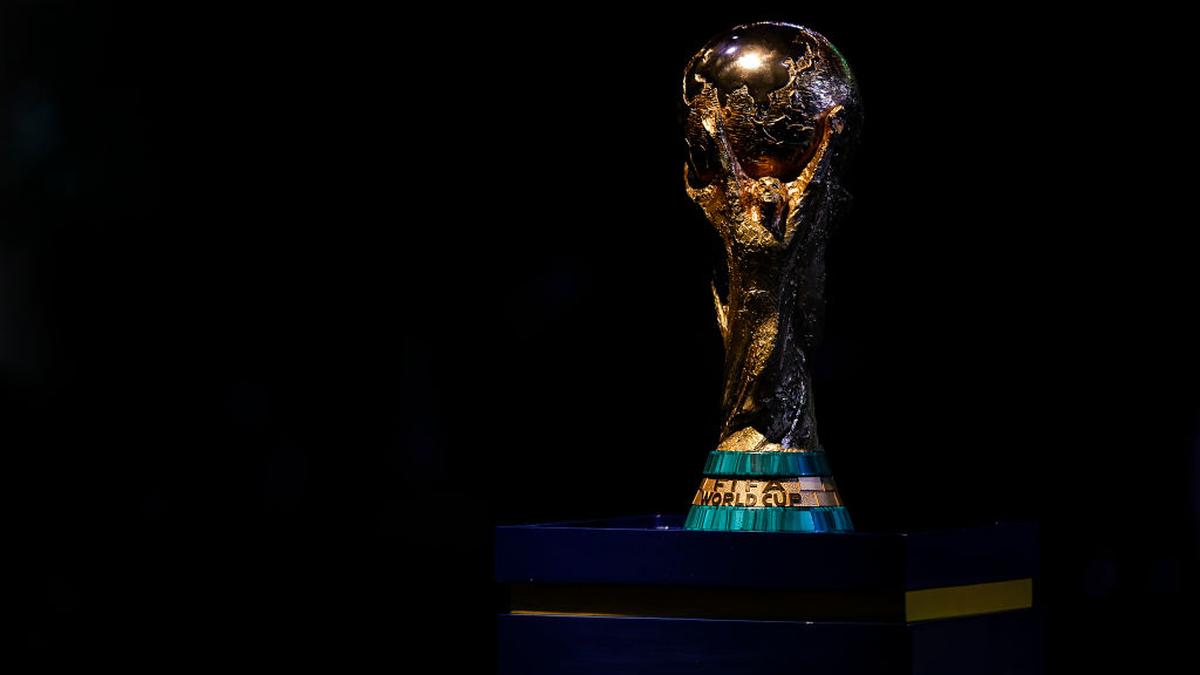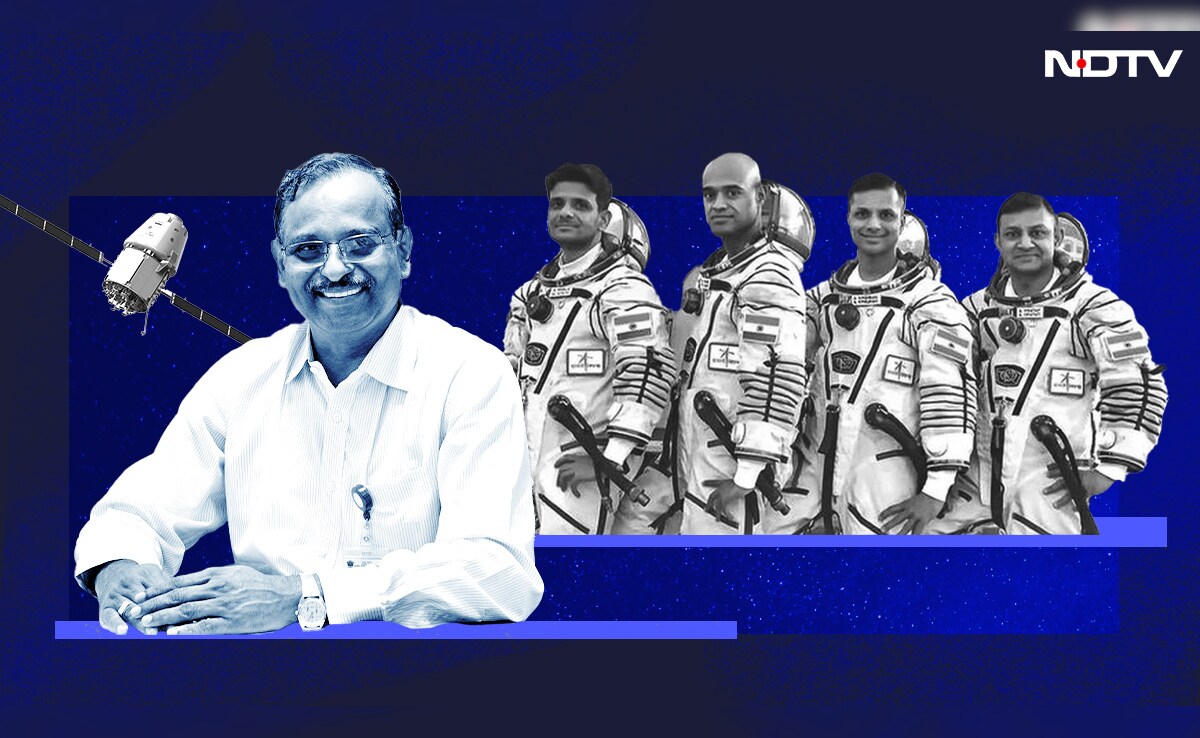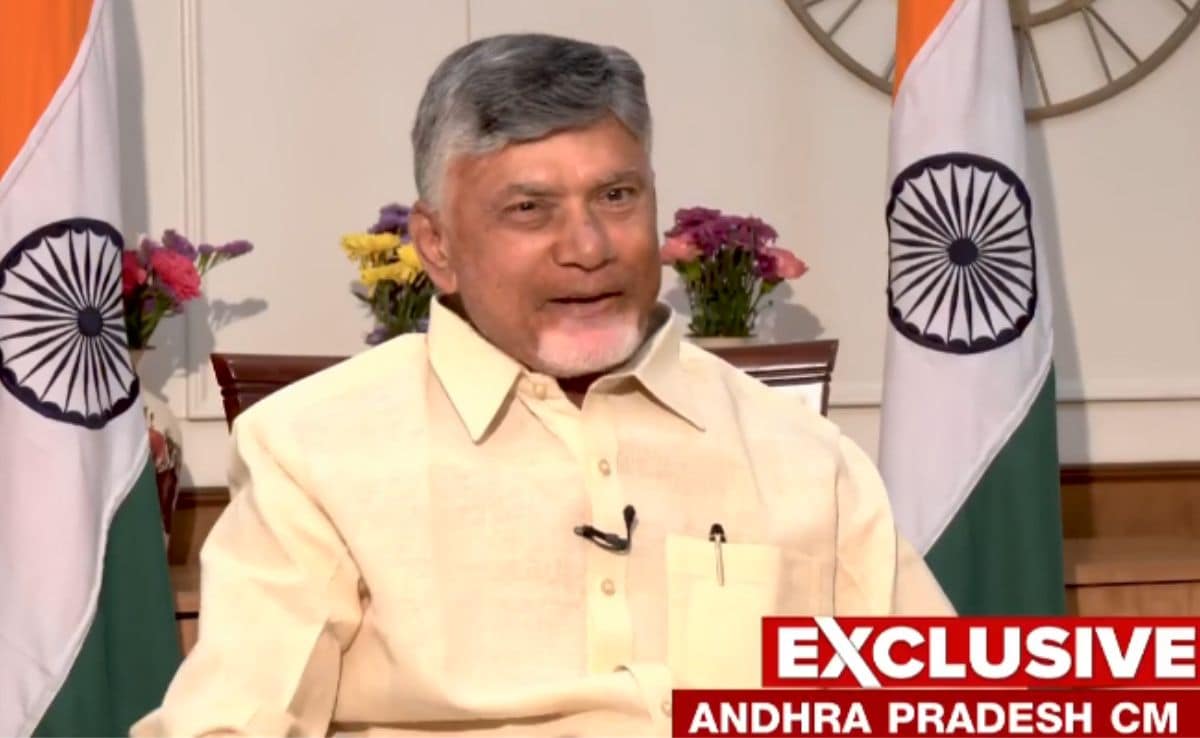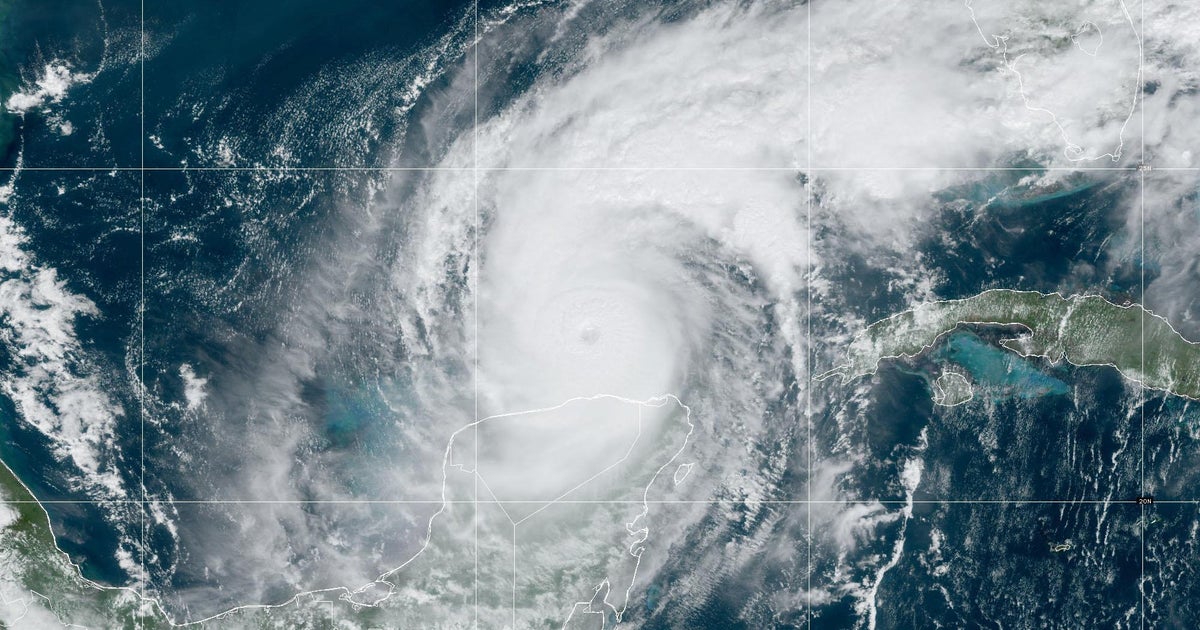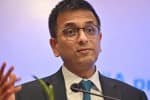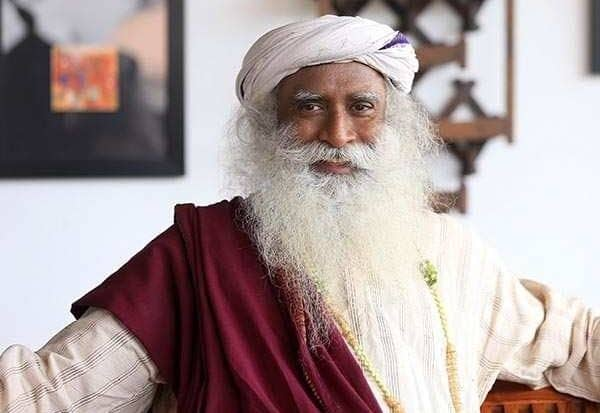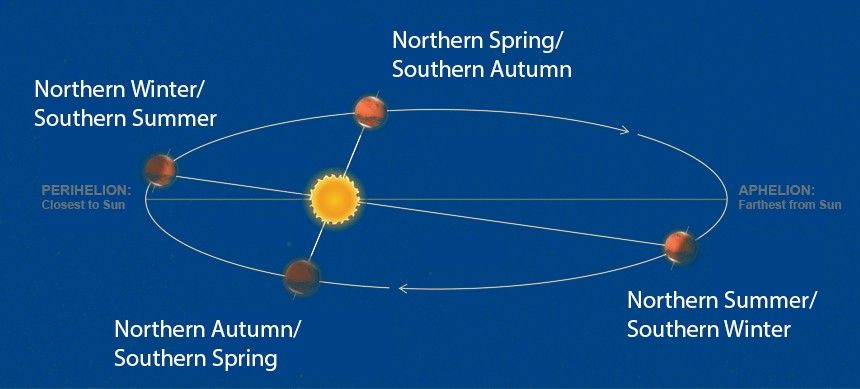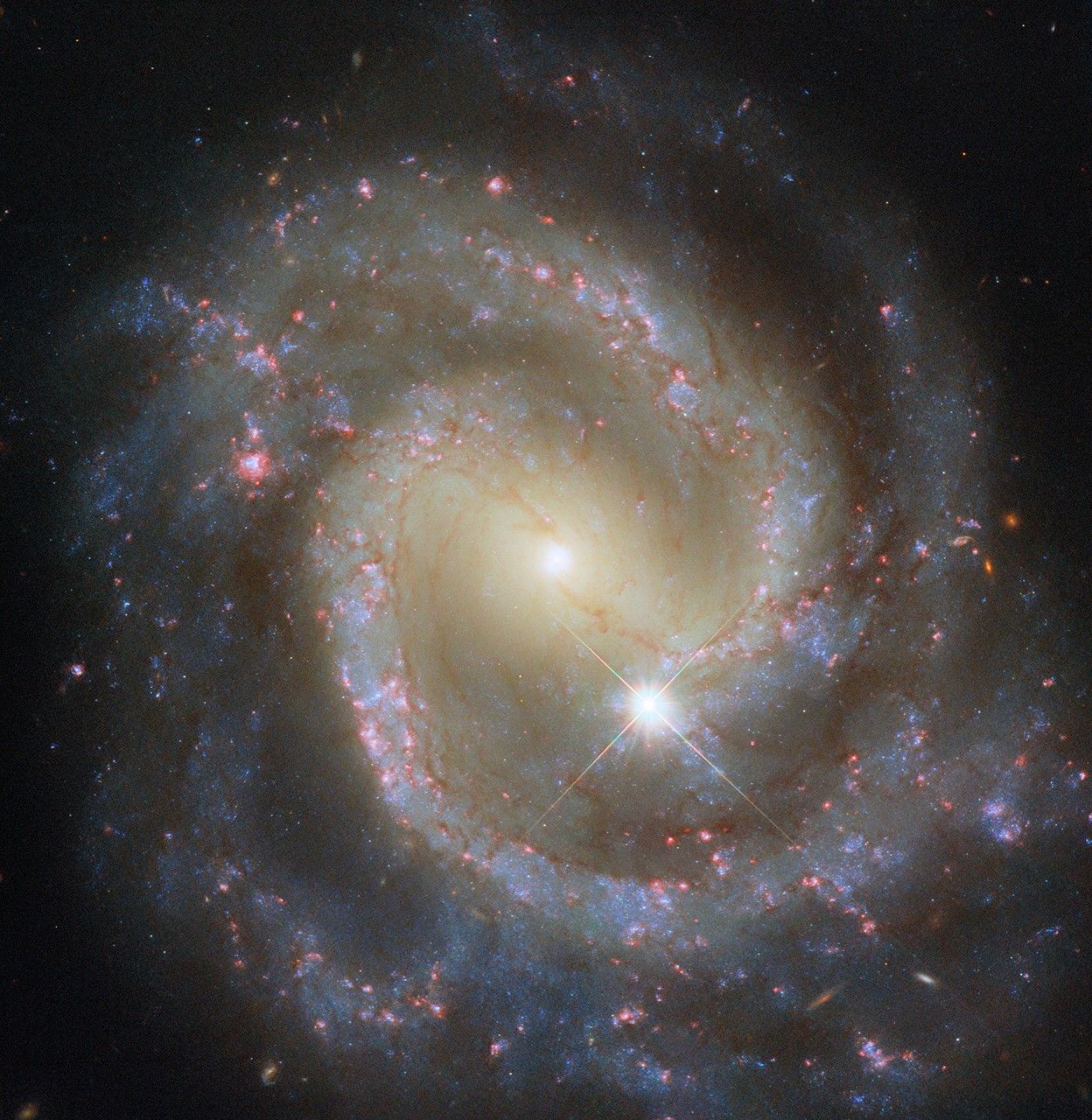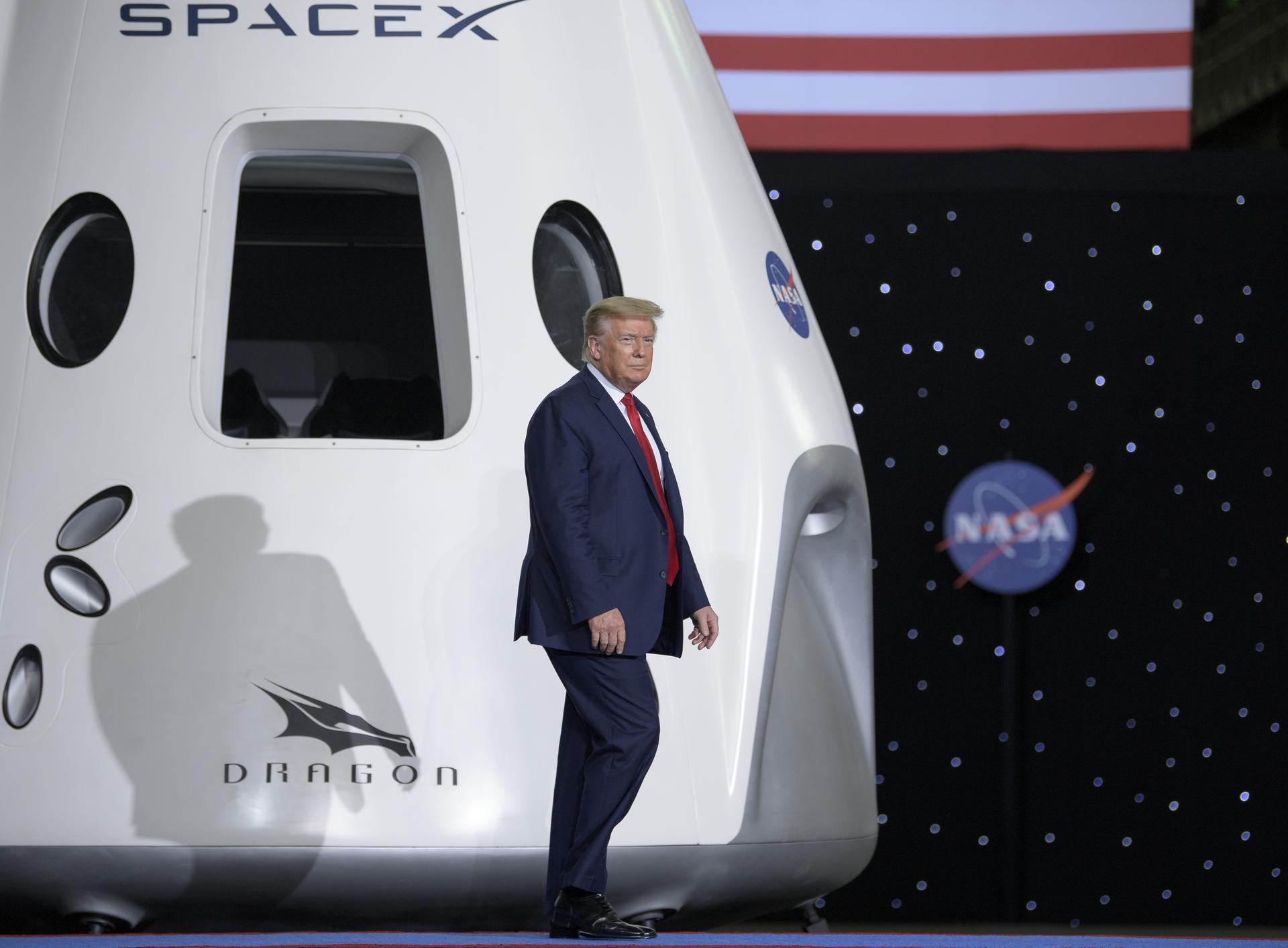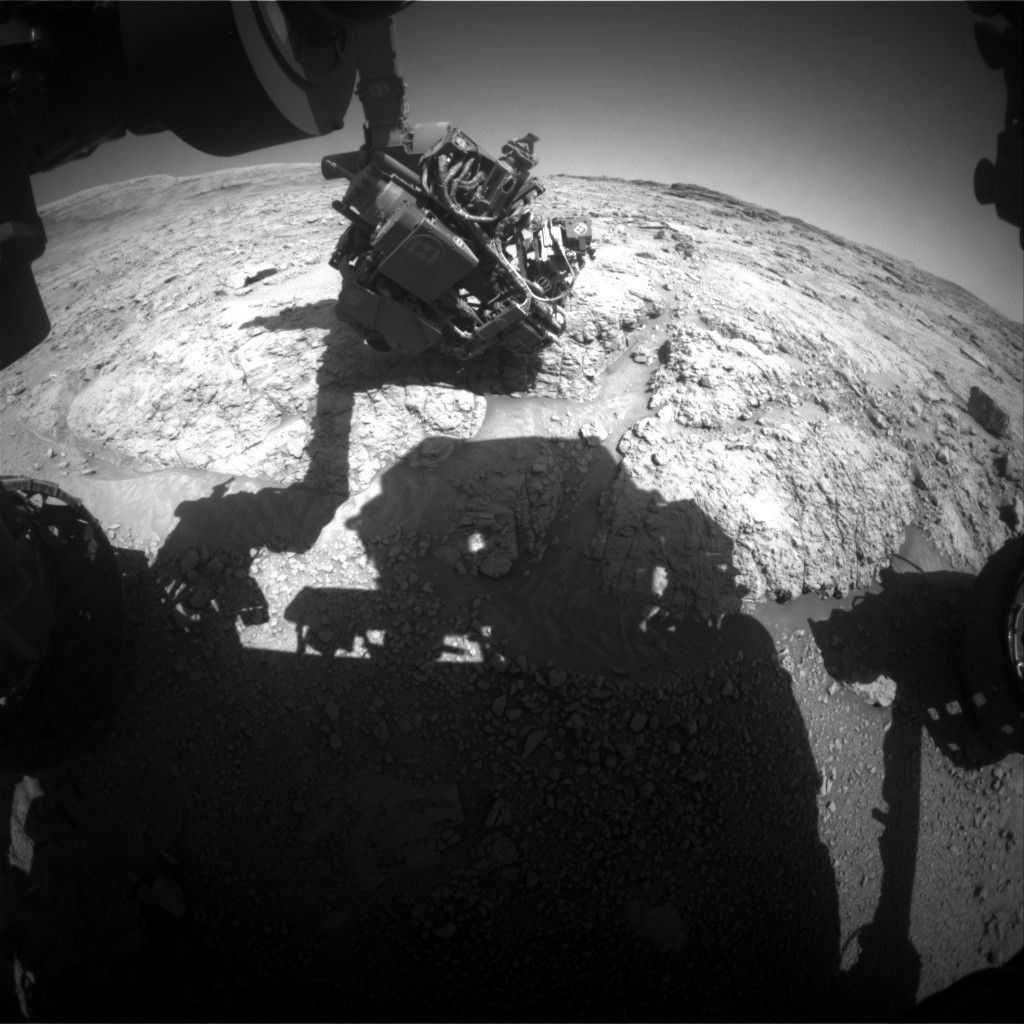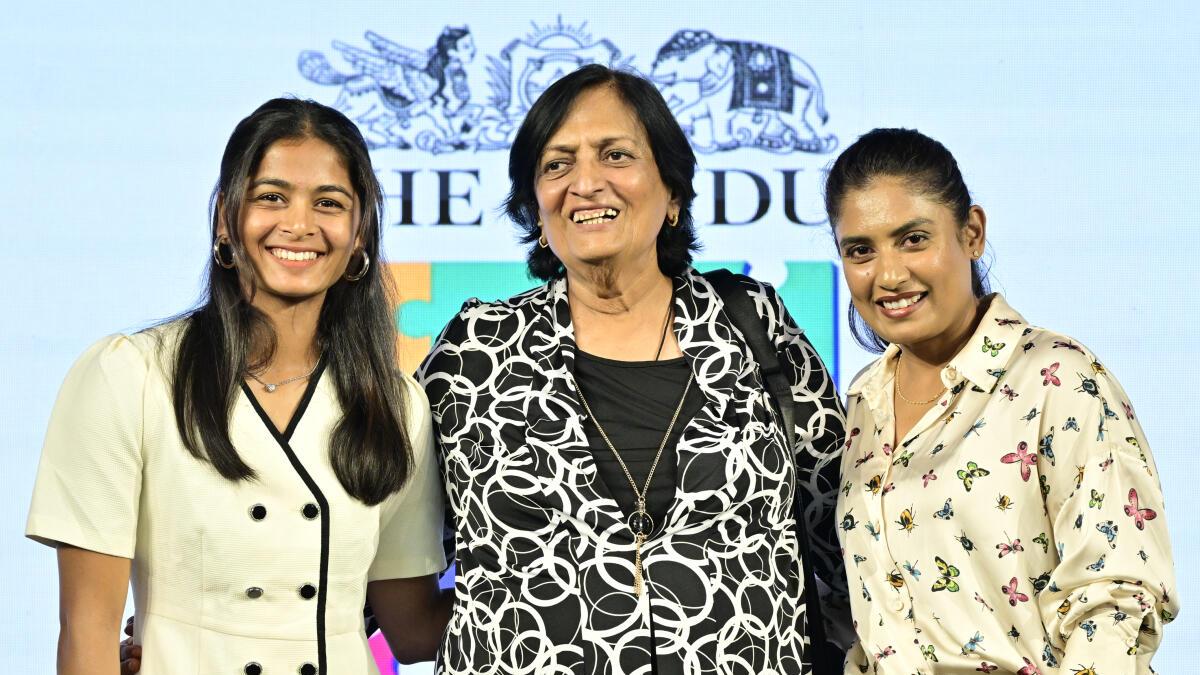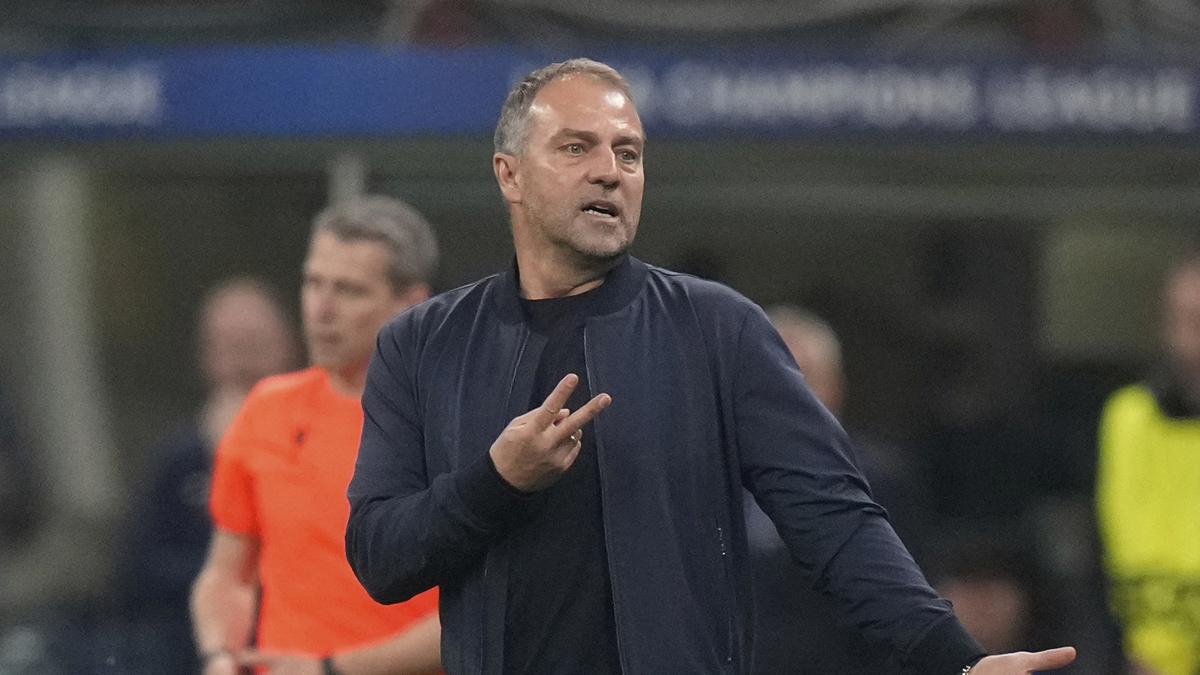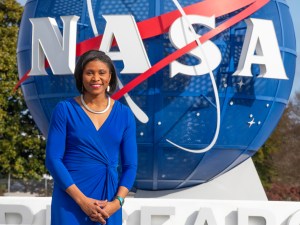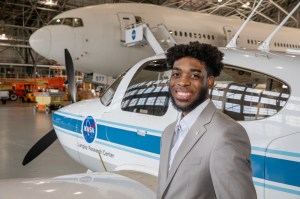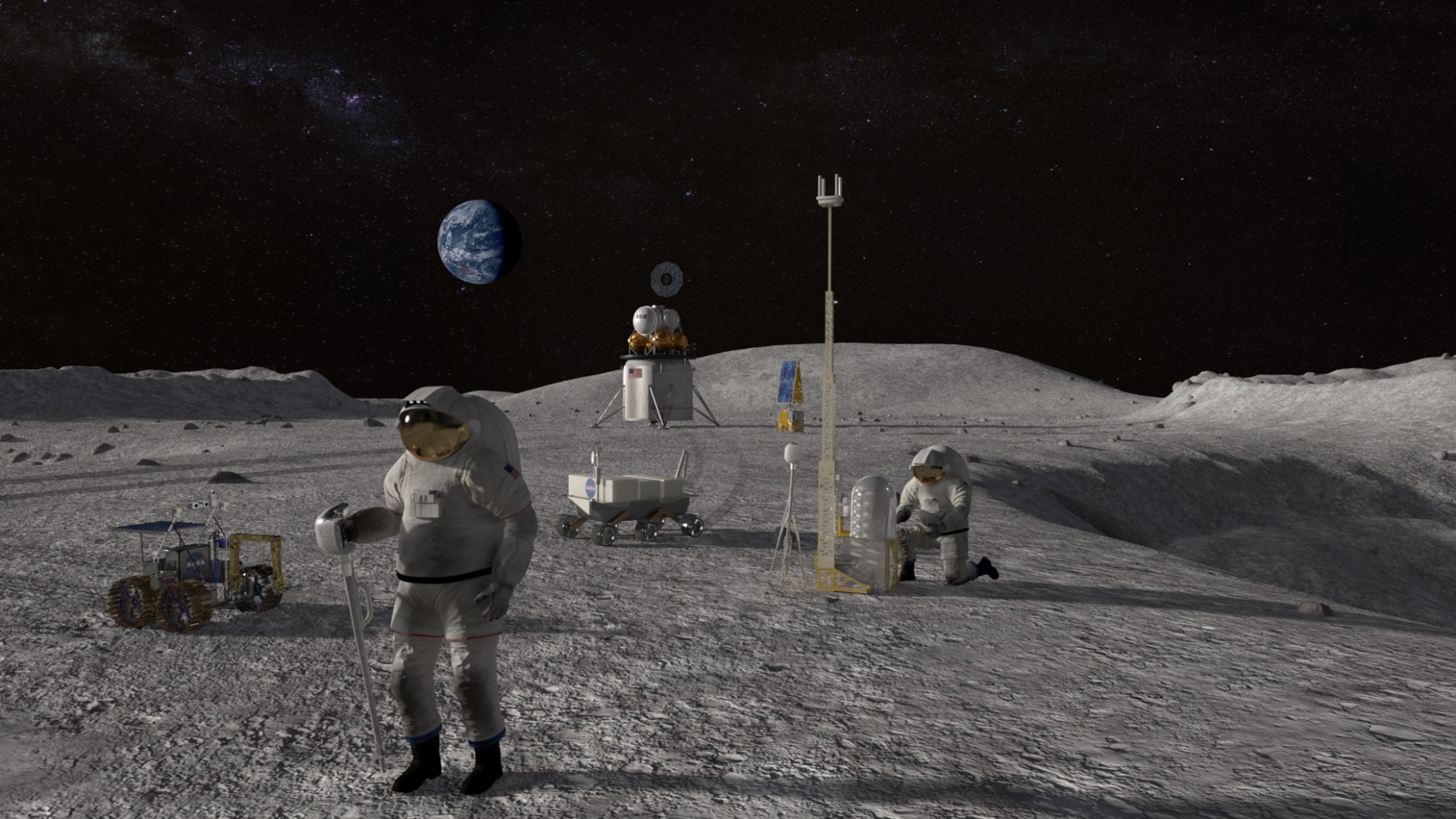Langley Celebrates Black History Month: Matthew Hayes
Matthew Hayes is a DEIA (diversity, equity, inclusion, and accessibility) project analyst with NASA’s Langley Research Center. His Langley career has spanned 16 years, starting in the model shop working on wind tunnel models and lunar rover projects. From there Hayes moved to the Electronic Systems Branch and contributed to the SAGE III mission for […]
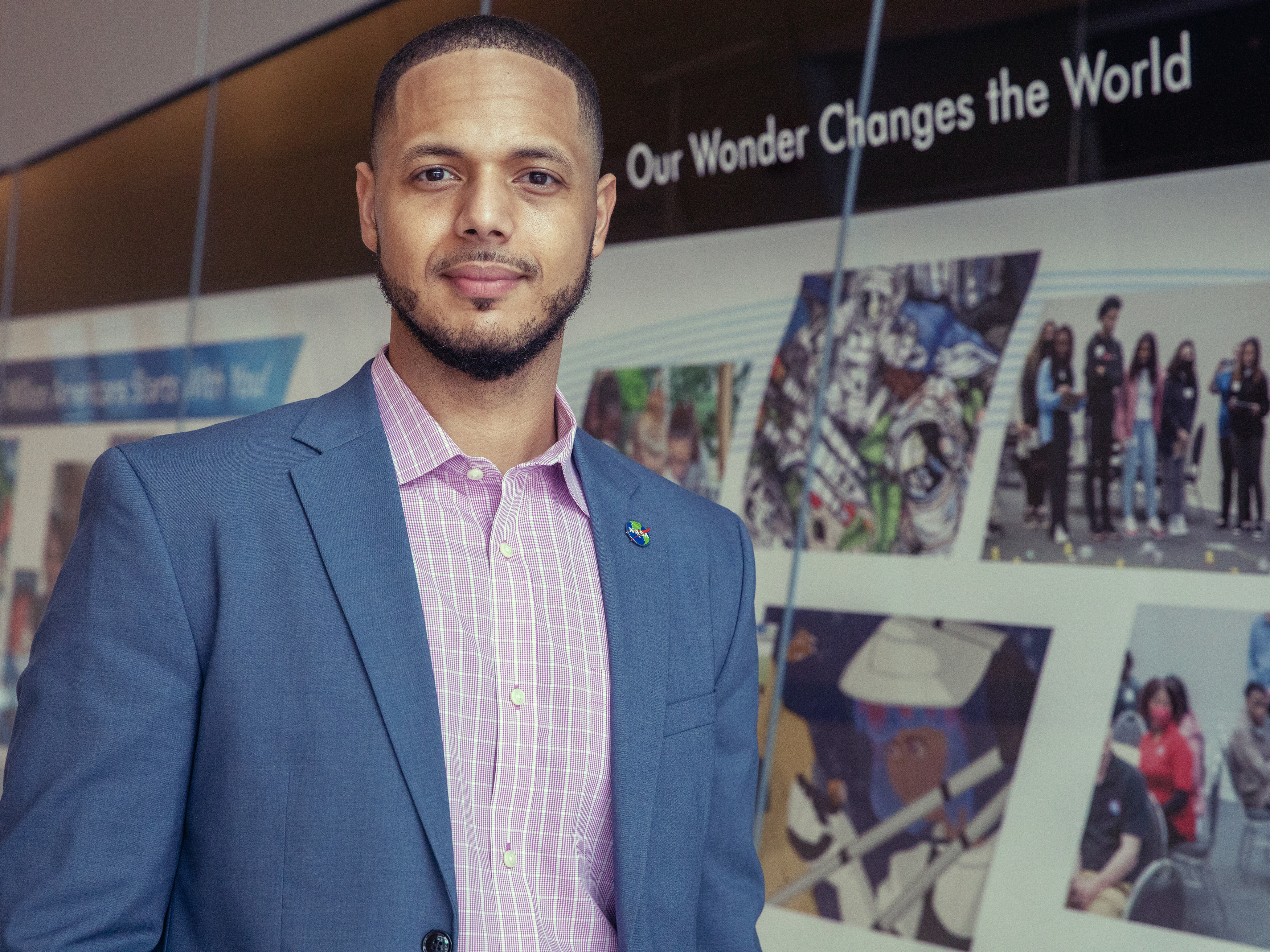
8 min read
Preparations for Next Moonwalk Simulations Underway (and Underwater)
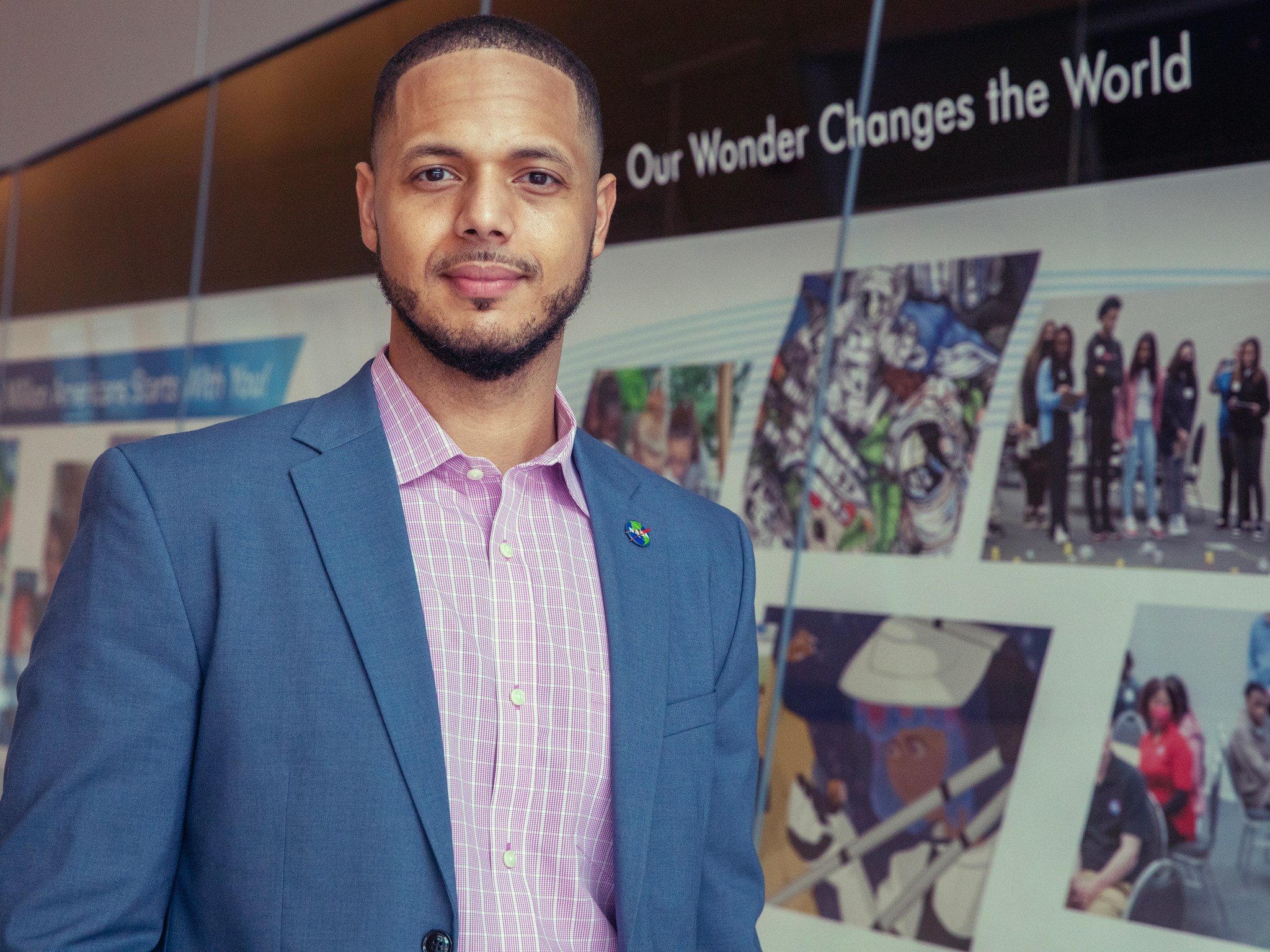
Matthew Hayes is a DEIA (diversity, equity, inclusion, and accessibility) project analyst with NASA’s Langley Research Center. His Langley career has spanned 16 years, starting in the model shop working on wind tunnel models and lunar rover projects. From there Hayes moved to the Electronic Systems Branch and contributed to the SAGE III mission for the International Space Station. Hayes also worked with NASA’s X-59 quiet supersonic research aircraft before stepping into his current role. As DEIA project analyst, Hayes supports the center in identifying gaps and building a culture, environment, systems, and processes where everyone has fair opportunities to grow.
Who or what inspired you to choose your career and why?
That’s a twofold answer. On one end, I was just a curious kid and had this feeling and belief that the world was worth exploring. I wanted to be a marine biologist. I wanted to be an astronaut. I wanted to study plants and rocks. Everything was very fascinating to me, so NASA fit into that bucket of exploration and curiosity. It wasn’t specifically NASA, but it was exploration.
Then the other end is growing up as a kid where we didn’t have a lot of financial options. NASA had an Apprentice Program. The Apprentice Program actually gave me an opportunity to come out of high school, have a career trajectory, get some on-the-job experience, and get some schooling under my belt. A guy who already worked here reached out to my mom and said, “Hey, I know you have a kid coming out of high school. What’s he doing?” and shared that NASA was reopening its Apprentice Program. He encouraged me to apply. That conversation is how I ended up here. It aligned me to where I actually wanted to be, because I just wanted to see what the world and the universe was, regardless.
What do you find most rewarding about working with NASA?
The exposure to new ideas and ability to explore! Every day there’s a reason to be excited and enthusiastic about the work you’re doing, the people you’re doing it with and where you’re doing it at. There is cutting edge technology, world-renowned thought leaders and the projects that are exploring the history of the universe. NASA will keep you on your toes, that’s for sure!
Outside of that, two big things: the people, which I already touched on. My career wouldn’t be what it was without the relationships that I’ve built throughout the journey. People who have just been curious about me, who’ve asked me questions, who’ve exposed me to different places, who’ve pulled up a chair to tables that I had no business being at just so I could listen and learn and invited me to places, exposed me to different centers, to different people.
In addition, “the meatball.” The meatball is an unavoidable logo that no matter where you are, inspires hope. The ability to have that and stand behind that and carry that is always exciting.
What do you enjoy doing outside of work?
I was on a call the other day and they said, “Describe yourself in three words.” Mine were “curiosity, spirituality, and adventure”. That’s why I’ve enjoyed my career because for me as a person, I’ve always liked exploration and adventure. NASA fits into me, rather than me fitting into NASA.
Outside of the gates, nothing changes. I like to find things to do, places to go. I’m big into finding moments. Taking pictures or finding snapshots in life. Whether it’s at a beach or at a park or holding a pinecone next to a pineapple and just seeing the similarities of creation and existence.
I like to have fun! I can roller-skate. I like to cook. I’m a really great cook. I hate washing dishes though! And I’m a mediocre bowler.
What advice would you give young people who might be interested in pursuing a career at NASA?
Do it but have the right perspective. Sometimes people look at NASA like a finish line or as an achievement, but that’s never been what NASA represents. We represent a launchpad. We have the resources and the ability to put things together to then shoot it to places we’ve never been, and it’s no difference with a career.
I started [at NASA] in my teens but we also have people who join the team mid or late career. People who are making the transitions to find new opportunities. So, no matter where they are, this is an environment that is fertile soil for the right seeds. So, if you come here, you have the ability not just to be planted in an environment, but also to grow to see what you’re made of.
How does your background and heritage contribute to your perspective and approach in your role at NASA?
In a big way because the work I do now is diversity and inclusion. Diversity meaning “a lot of pieces.” Whether it’s the workforce: there’s a lot of people from a lot of backgrounds. Whether it’s the missions: we have a lot of projects studying a lot of things. Or whether it’s exploration: we’re going to a lot of places that we’ve never been.
My background is no different than our mission forward. I’m a Black and Palestinian guy from a low-income neighborhood whose parents struggled with drugs. I’ve lived on both coasts of the country and been exposed to multiple cultures and environments. My parents have very different backgrounds. My mother’s a Christian. My father’s a Muslim. All of that exposure to different pieces has made me have the ability to step back and just look at a plate before I dive into it. That has allowed me to be able to see the value of the small things. Sometimes, even personally, I’ve known things in conversations or scenarios where I feel like I could contribute, but someone else didn’t see my value, so I didn’t give my all in that space. But because of my background, I know how valuable it is to hear someone’s one opinion or one thought or when their body language shifts, to not just pass over that.
That has allowed me to be effective in my work because a lot of what I do now is based on the relationships I’ve built and the people that I’ve gotten to know. I talk about it often: the advantages of growing up disadvantaged. Sometimes we can think about it as a hindrance or a roadblock. For me, I’ve always looked at the difficulties of my early upbringing as blessings. I learned resilience. I learned overcoming. I learned solution orientation. I learned mental agility. I learned all these things because of my background that now, as I’m in the workforce, as I’m working to accomplish a mission, all these are skill sets that are extremely important.
The 2024 theme for Black History Month is “African Americans and the Arts,” spanning the many impacts that Black Americans have had on visual arts, music, cultural movements and more. How have the arts played a role in your life?
The arts saved my life. It started in my teens, writing and getting exposed to poetry. I remember seeing this young group of kids in New York, and they performed poems telling stories about themselves that related to me in such a strong way. I had thought I was alone up until that moment and then realized other people feel things, too. It was that exposure to poetry that made me start doing my own self-reflection and got me into writing myself. Then, it was that writing that allowed me to start finding my voice. To start working through my anxiety. To not be overwhelmed and overthink everything. To get it out of my mind and put it onto a page. The more that I did that, year after year, poem after poem after poem, I started to learn how to craft and curate my words and how to become a better communicator. How to value in the words I spoke and not to use words, language and communication frivolously.
For me, the arts are why I am, who I am. It’s what allows me to connect with people now at NASA and to communicate our message passionately to the students that we see. It allows me to help pull something out of an engineer who may naturally feel like he’s an introvert, but I know how to now call something out of him and remind him of who he is. All that you might see as ‘good at a job’, all comes back from the pain of the poetry, the arts and everything that now fuels me to be where I am today.
Share
Details
Related Terms
What's Your Reaction?








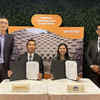

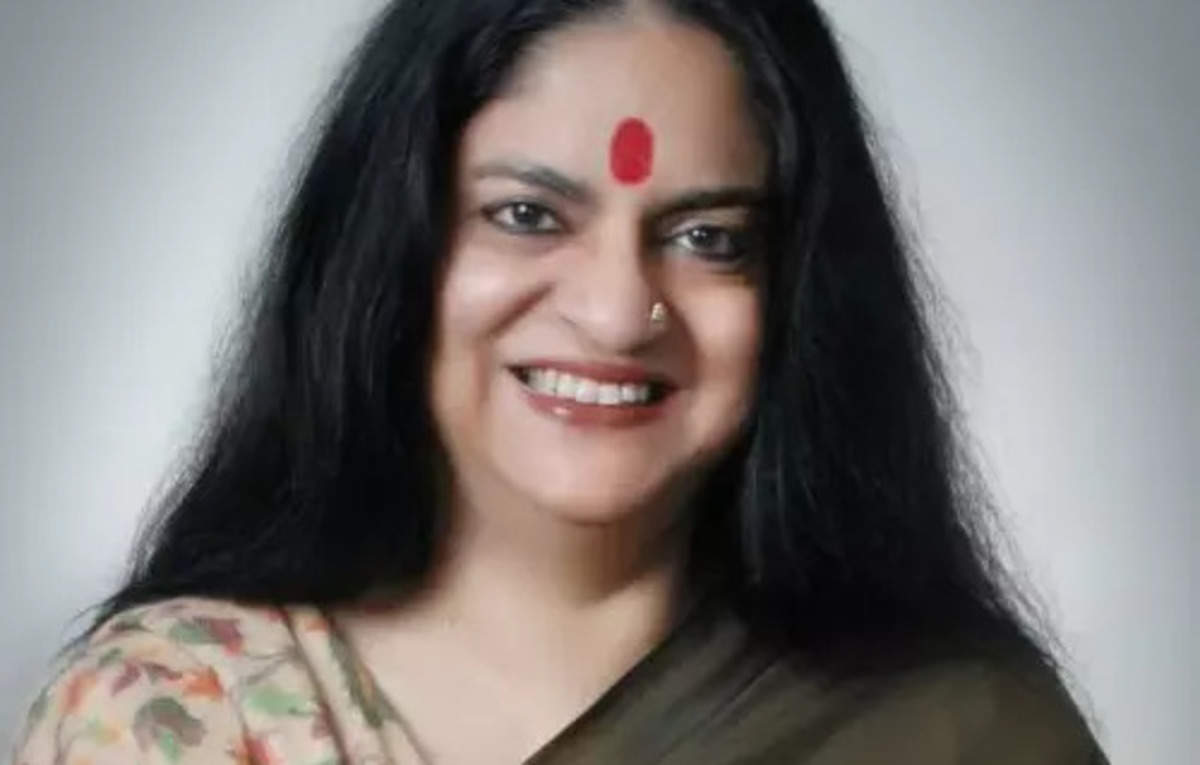
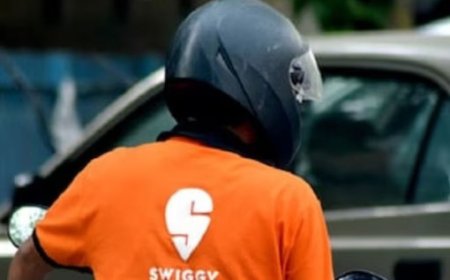
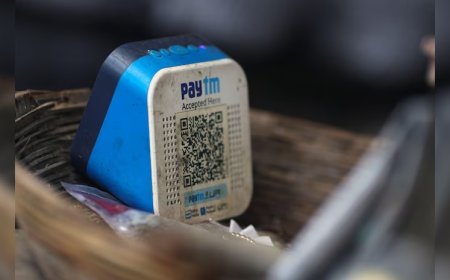
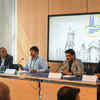


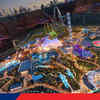


.jpg?#)
